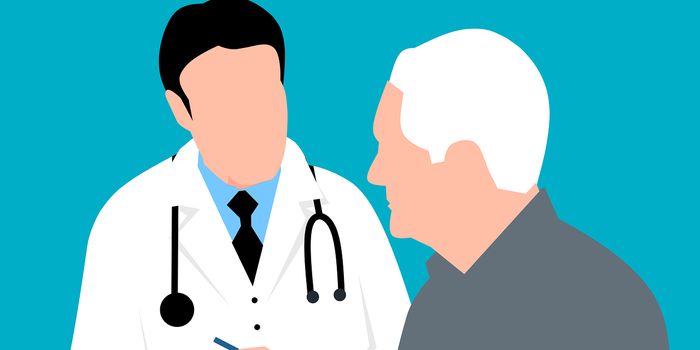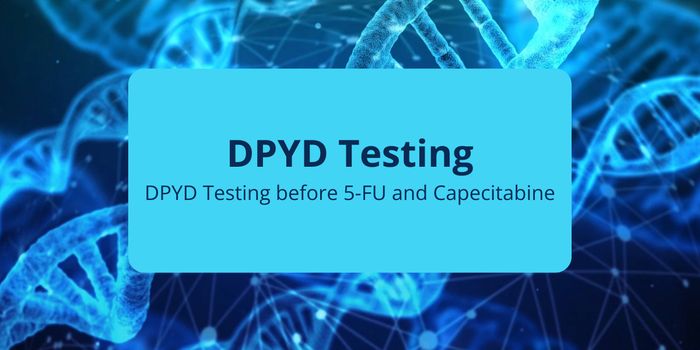Revealing the Cause of Long COVID-Associated Fatigue
It's estimated that around one in eight people who get COVID will experience long COVID, which can cause brain fog, fatigue, exercise intolerance, and a wide variety of other symptoms. Scientists have now identified a probable cause of persistent fatigue in people with long COVID. This research showed that the power generating organelles - mitochondria in muscle cells don't generate the same amount of energy in people with long COVID as they do in healthy people. The findings have been reported in Nature Communications.
"We're seeing clear changes in the muscles in these patients," said co-corresponding study author Michèle van Vugt, a Professor at Amsterdam UMC.
People with long COVID often report an inability to exercise, and extreme fatigue if they do; this condition is referred to as post-exertional malaise (PEM). This also happens to long COVID patients after exerting themselves in other ways, such as cognitively or emotionally. When the patients exceed some threshold, PEM kicks in.
In this relatively small study, the investigators assessed 25 people who have been diagnosed with long COVID and 21 people unaffected by COVID. The study participants were asked to complete a test in which they bicycled for fifteen minutes. The individuals with long COVID experienced a worsening of symptoms over the long term after this test, while the healthy controls finished the task normally. The researchers analyzed blood samples and muscle tissue in the study participants one week prior to the test and one day after it was over.
"We saw various abnormalities in the muscle tissue of the patients. At the cellular level, we saw that the mitochondria of the muscle, also known as the energy factories of the cell, function less well and that they produce less energy," noted senior study author Rob Wüst, an Assistant Professor at Vrije Universiteit Amsterdam (VU).
"So, the cause of the fatigue is really biological. The brain needs energy to think. Muscles need energy to move. This discovery means we can now start to research an appropriate treatment for those with long COVID."
There are a number of hypothesis about why long COVID happens. Some studies have indicated that it is related to changes in the gut microbiomes of patients. Other work has suggested that SARS-CoV-2 particles may remain in the bodies of those with long COVID. However, the investigators did not find any indication that viral particles were present in the muscles of the people in this study.
Heart and lung function was also normal in the long COVID patients, so the fatigue problem does not seem to be related to dysfunction in those organs.
The investigators suggested that people with long COVID should avoid exceeding their personal limits. Too much exercise could actually be counterproductive, they noted. Exercising is not always good for patients with long COVID. "Think of light exertion that does not lead to worsening of the complaints. Walking is good, or riding an electric bike, to maintain some physical condition. Keep in mind that every patient has a different limit," said first study author Brent Appelman, a researcher at Amsterdam UMC.
Sources: Amsterdam University Medical Center, Nature Communications









